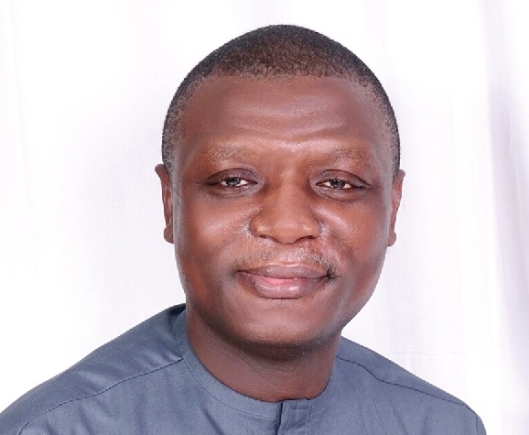This week, Parliament is expected to approve the nomination of Kofi Iddie Adams as the new Minister of Sports and Recreation, following his vetting by the Appointments Committee.
While sports has not been a dominant aspect of his political career, his articulate analysis of the sector’s challenges during his vetting painted a picture of a leader eager to learn, innovate and lead a transformative era in Ghanaian sports.
In media interviews that followed his vetting, the Member of Parliament for Buem made bold declarations, promising dynamic leadership to revive Ghana’s sporting landscape and restore past glory.
If approved, he will have a golden opportunity to redefine the ministry’s legacy by aligning it with President John Dramani Mahama’s broader vision for sports development, which includes significant investment in infrastructure and talent development from grassroots to elite levels.
However, these initiatives demand substantial resources, and funding remains the sector’s most formidable hurdle.
Sports Fund: A game changer?
One of Mr Adams’ flagship promises is the establishment of a dedicated Sports Fund—a long-awaited initiative that has lingered in bureaucratic limbo. Despite years of discussions and a consultant’s draft report gathering dust at the ministry, he appears determined to break the cycle of inaction.
“You’re right that sports funding has been a challenge,” Mr Adams admitted in a recent interview on Joy FM. “If you ask any sports minister from the past, the biggest obstacle is always funding. We cannot continue discussing a Sports Fund without realising it.”
His approach involves exploring multiple revenue streams, including a sports lottery and a portion of existing tax revenues from sports betting, which the government has promised to scrap. One compelling proposal is to earmark a percentage of tax revenue from sports betting to support sports development.
“The more sports grow, the bigger the tax component for the state. If a portion of that tax is allocated to a Sports Fund, it creates a cycle where investment in sports leads to greater returns for the economy,” he explained.
Another funding avenue under consideration is a percentage allocation from the Ghana Education Trust Fund (GETFund), recognising the critical role of school sports in developing future talent.
Additionally, he has suggested tapping into the District Assemblies Common Fund to ensure grassroots sports receive the financial backing needed to thrive.
“The new Sports Authority Act creates a School Sports Development Agency. If this agency is to function effectively, it must be funded,” he stressed.
“A portion of GETFund could be used to support school sports, and we must also engage the Ministry of Local Government to secure funding from the District Assemblies Common Fund.”
Accountability and strategic investment
Beyond the establishment of the Sports Fund, Mr Adams has signalled a commitment to financial prudence in sports governance.
The Black Stars, Ghana’s flagship football team, have endured a turbulent period, failing to progress beyond the group stage in successive Africa Cup of Nations tournaments.
Despite these struggles, spending on the national team has continued unabated, with key financial decisions often made without government oversight. He has made it clear that such practices will not continue under his watch.
“If the state is paying the coach’s salary, the state should have a say in the decision,” he asserted on Accra-based Sporty FM, referencing the appointment of Otto Addo and the recent expansion of the Black Stars’ technical team.
His stance introduces a crucial policy shift—one that prioritises accountability and strategic investment over unchecked expenditure. If enforced, it could mark the beginning of a long-overdue transformation in Ghana’s sports financing model.
Inclusive sports development
Mr Adams’ grand vision, aligned with the ruling government’s manifesto, extends far beyond football.
He has expressed a strong desire to overhaul the National Sports Authority (NSA) to ensure a more equitable distribution of resources across all sporting disciplines.
Ghana officially recognises over 40 sporting disciplines, yet many receive little to no financial support.
The incoming minister's acknowledgement that sports development should not revolve solely around football is a refreshing change in government rhetoric.
The Ghana Premier League, once a thriving competition, has suffered from dwindling sponsorship, poor funding, low attendance and governance challenges.
Adams’ proposal to introduce financial support for local players—offering stipends to deter them from seeking unstable football markets—could help stabilise the league.
However, this policy must be paired with structural reforms to ensure long-term financial sustainability.
His “reverse pyramid” approach to athlete development—focusing on strengthening school-level sports—is another crucial element of his strategy. Reviving inter-college competitions and grassroots training will ensure a steady pipeline of talent for Ghana’s sporting future.
This method has yielded success in other sporting nations and, if well-executed, could reposition Ghana as a powerhouse in multiple sports disciplines.
